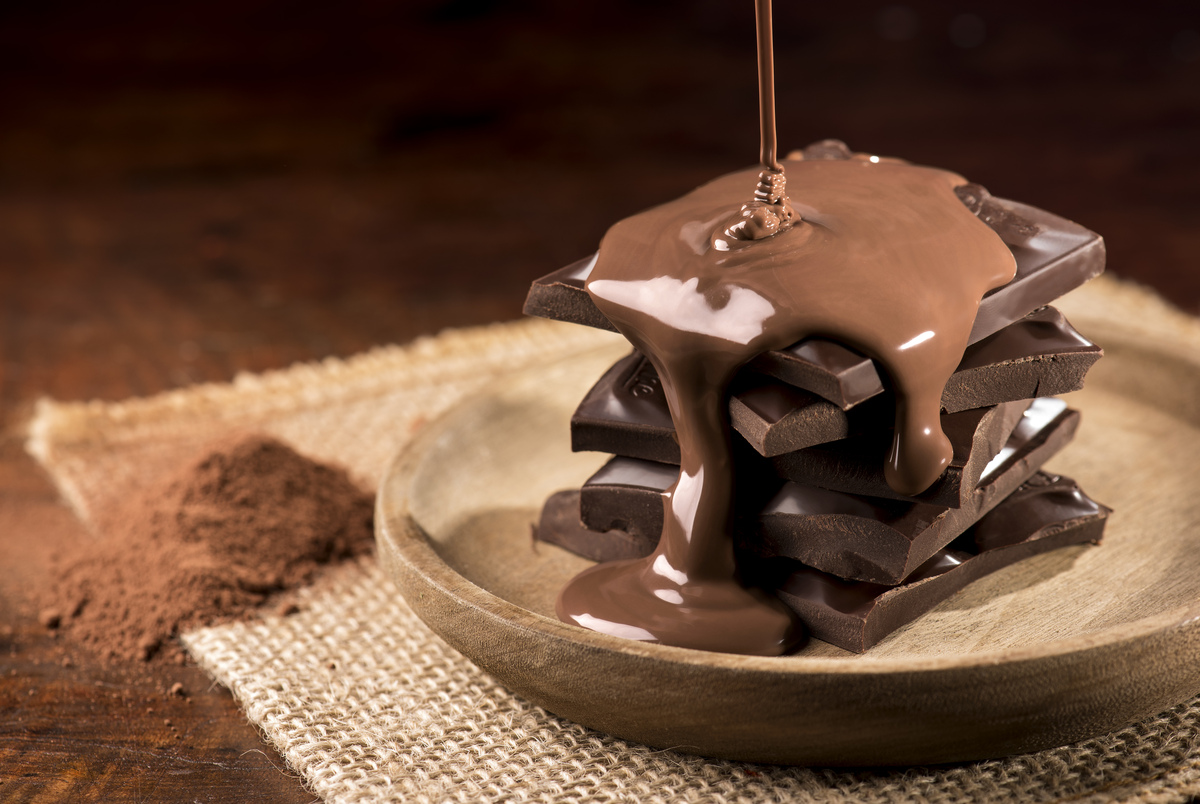Chocolicious
A great combination of chocolate and delicious
(special thanks to Destiny's Child for the inspo!)

POPULAR CULTURE
Religious and cultural links
Chocolate is associated with festivals such as Easter, when moulded chocolate rabbits and eggs are traditionally given in Christian communities, and Hanukkah, when chocolate coins are given in Jewish communities. Chocolate hearts and chocolate in heart-shaped boxes are popular on Valentine's Day and are often presented along with flowers and a greeting card. In 1868, Cadbury created a decorated box of chocolates in the shape of a heart for Valentine's Day. Boxes of filled chocolates quickly became associated with the holiday. Chocolate is an acceptable gift on other holidays and on occasions such as birthdays. Many confectioners make holiday-specific chocolate candies. Chocolate Easter eggs or rabbits and Santa Claus figures are two examples. Such confections can be solid, hollow, or filled with sweets or fondant.
Books and film
Chocolate has been the center of several successful book and film adaptations. In 1964, Roald Dahl published a children's novel titled Charlie and the Chocolate Factory. The novel centers on a poor boy named Charlie Bucket who takes a tour through the greatest chocolate factory in the world, owned by the eccentric Willy Wonka. Two film adaptations of the novel were produced: Willy Wonka & the Chocolate Factory (1971) and Charlie and the Chocolate Factory (2005). A third adaptation, an origin prequel film titled Wonka, is scheduled for release in 2023. Like Water for Chocolate a 1989 love story by novelist Laura Esquivel, was adapted to film in 1992. Chocolat, a 1999 novel by Joanne Harris, was adapted for film in Chocolat which was released a year later. Learn more